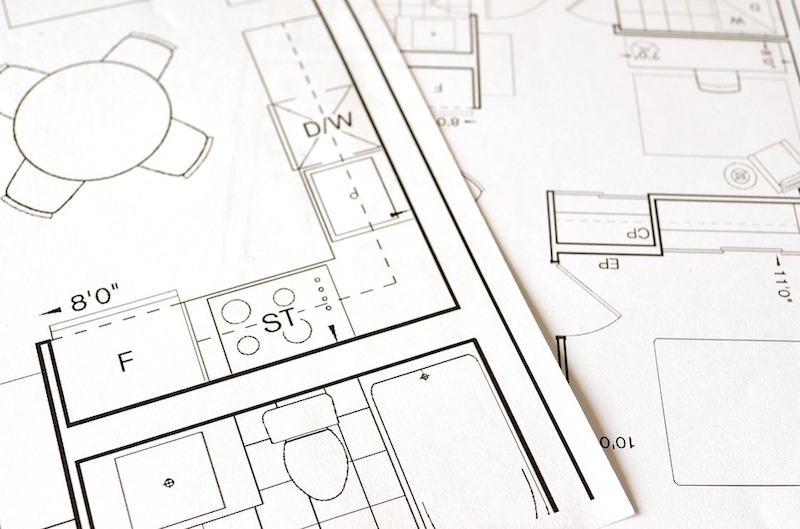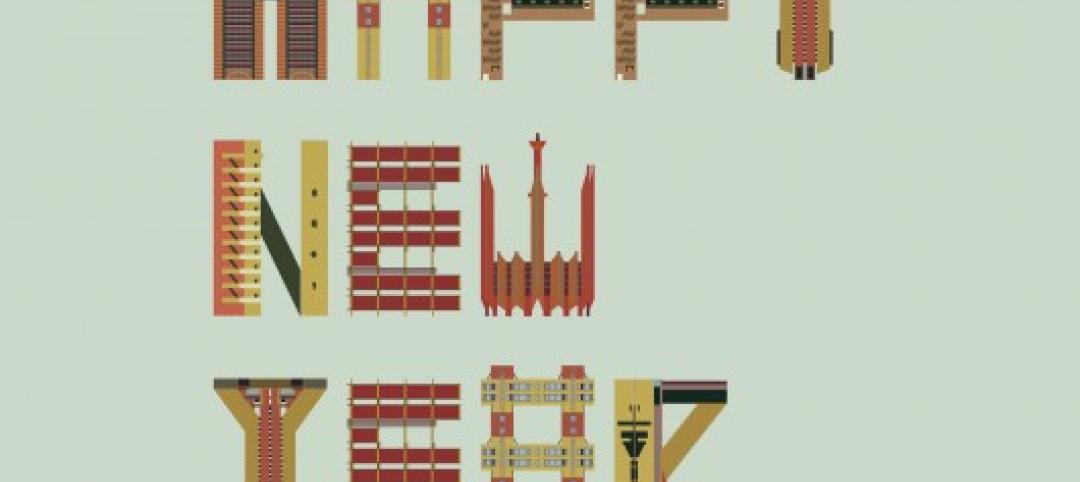After four years of development, the latest version of the Architect Registration Examination® (ARE®), ARE 5.0, launched on November 1, 2016. The updated exam incorporates new testing technologies and features six divisions that align with current practice and the progression of an architecture project. ARE 5.0 was developed with the help of practicing architects who volunteer their time and expertise, and reviewed by experts who ensure the exam is fair, reliable, and meets national testing standards.
Developed and administered by the National Council of Architectural Registration Boards (NCARB), the ARE assesses the knowledge and skills of all candidates seeking a license to practice architecture in the United States. NCARB periodically updates the exam to ensure it continues to reflect the demands of professional practice.
Aligning to Current Practice
To adapt to changes in the profession, ARE 5.0 content has been restructured into six divisions organized around architectural practice and the progression of a typical project. The new divisions also align with the experience areas of the Architectural Experience Program® (AXP®), helping candidates connect their practical experience to exam topics and making the licensure process smoother and easier to understand. ARE 5.0 test durations are substantially shorter than ARE 4.0—ranging from three and a half to five hours and reducing total seat time by eight hours.
In addition, ARE 5.0 features the latest graphic testing methods, replacing vignettes with two new question types: hot spots and drag-and-place. ARE 5.0 also includes case studies, which provide candidates with multiple pieces of information and require them to assess and solve the types of problems architects face on a daily basis.
Preparing Candidates for ARE 5.0
Candidates looking for insight into the new exam have access to several free study tools developed by NCARB. These include the ARE 5.0 Handbook, the ARE 5.0 Guidelines, the ARE 5.0 Community, the ARE 5.0 Demonstration Exam, and the ARE 5.0 Test Prep video series. In addition, as an incentive to take the new exam, the first 600 candidates to test on each division will receive a $100 gift card.
NCARB will continue to administer ARE 4.0 until June 30, 2018. This 20-month period of dual delivery will enable current candidates to finish the exam in a way that best suits their needs.
For more information about ARE 5.0 visit www.ncarb.org/ARE5.
Related Stories
Smart Buildings | Jan 7, 2015
Best practices for urban infill development: Embrace the region's character, master the pedestrian experience
If an urban building isn’t grounded in the local region’s character, it will end up feeling generic and out-of-place. To do urban infill the right way, it’s essential to slow down and pay proper attention to the context of an urban environment, writes GS&P's Joe Bucher.
| Jan 6, 2015
Construction permits exceeded $2 billion in Minneapolis in 2014
Two major projects—a new stadium for the Minnesota Vikings NFL team and the city’s Downtown East redevelopment—accounted for about half of the total worth of the permits issued.
| Jan 6, 2015
Snøhetta unveils design proposal of the Barack Obama Presidential Center Library for the University of Hawaii
The plan by Snøhetta and WCIT Architecture features a building that appears square from the outside, but opens at one corner into a rounded courtyard with a pool, Dezeen reports.
| Jan 5, 2015
Another billionaire sports club owner plans to build a football stadium in Los Angeles
Kroenke Group is the latest in a series of high-profile investors that want to bring back pro football to the City of Lights.
| Jan 5, 2015
Beyond training: How locker rooms are becoming more like living rooms
Despite having common elements—lockers for personal gear and high-quality sound systems—the real challenge when designing locker rooms is creating a space that reflects the attitude of the team, writes SRG Partnership's Aaron Pleskac.
| Jan 2, 2015
Illustrations of classic architecture bring in the new year with style
New York-based designer Xinran Ma has illustrated a New Year's greeting card that assembles pieces of various brutalist and modernist architecture.
| Jan 2, 2015
Construction put in place enjoyed healthy gains in 2014
Construction consultant FMI foresees—with some caveats—continuing growth in the office, lodging, and manufacturing sectors. But funding uncertainties raise red flags in education and healthcare.
| Dec 30, 2014
A simplified arena concept for NBA’s Warriors creates interest
The Golden State Warriors, currently the team with the best record in the National Basketball Association, looks like it could finally get a new arena.
| Dec 30, 2014
The future of healthcare facilities: new products, changing delivery models, and strategic relationships
Healthcare continues to shift toward Madison Avenue and Silicon Valley as it revamps business practices to focus on consumerism and efficiency, writes CBRE Healthcare's Patrick Duke.
| Dec 29, 2014
High-strength aluminum footbridge designed to withstand deep-ocean movement, high wind speeds [BD+C's 2014 Great Solutions Report]
The metal’s flexibility makes the difference in an oil rig footbridge connecting platforms in the West Philippine Sea. The design solution was named a 2014 Great Solution by the editors of Building Design+Construction.
















